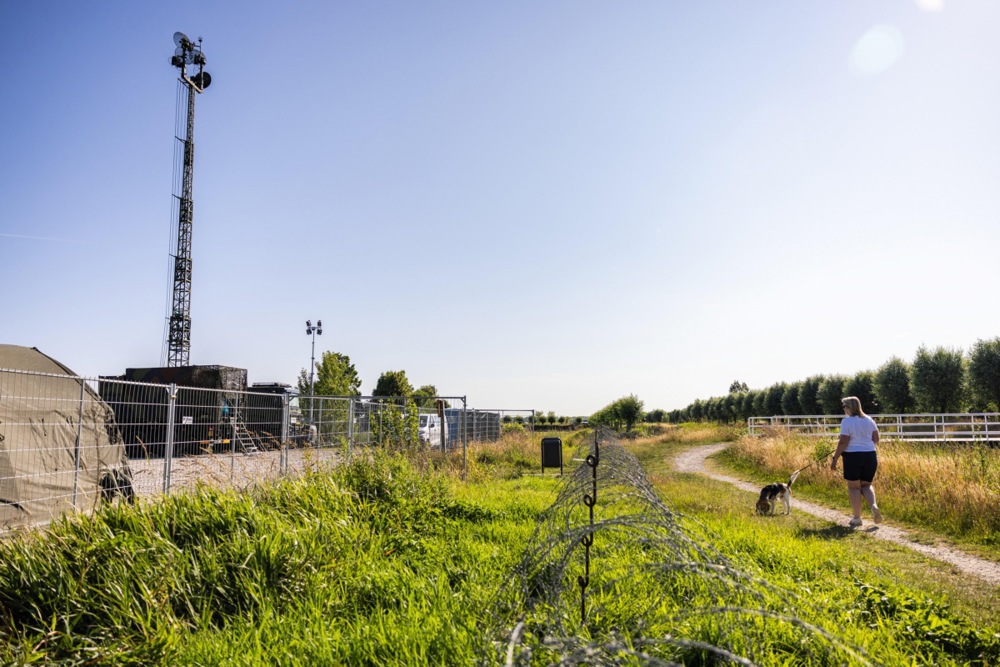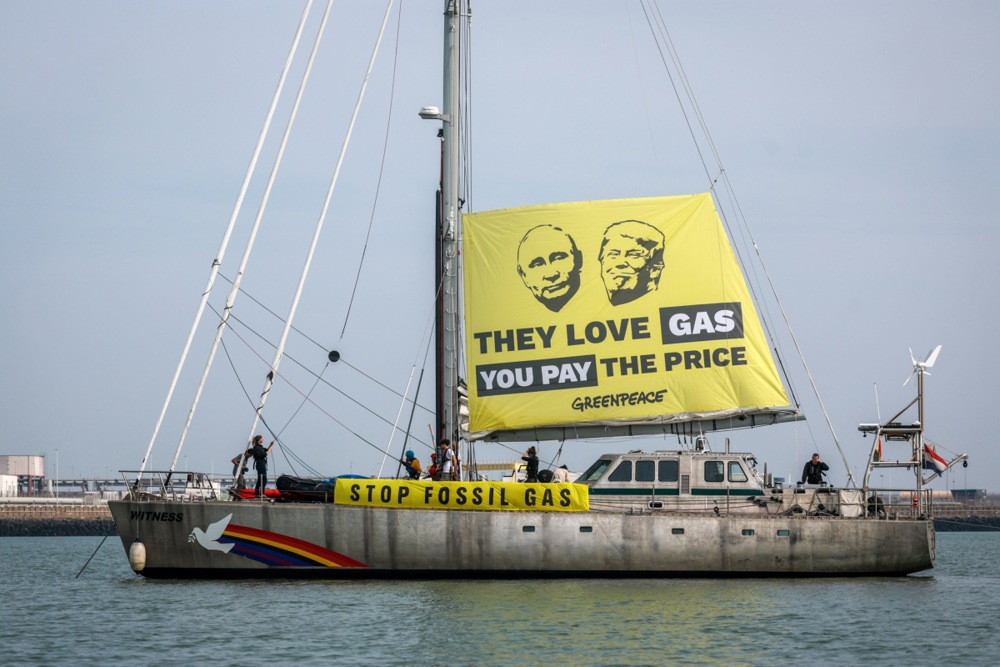Following the US decision to impose tariffs on pharmaceuticals, more European Union chemical and industrial firms are turning their focus towards the defence sector.
Julien Chanteux, CEO of Belgian company Graux, said today: “We’re working less in pharmaceuticals and more in nuclear and defence.” The company manufactures industrial machinery for various sectors.
In September, US President Donald Trump announced via social media a 100 per cent tariff on imported branded and patented pharmaceutical products to the US, effective from October 1.
He also launched a sweeping overhaul of drug pricing policies — notably the “Most-Favoured Nation” framework and direct sales to patients — saying that branded medicines cost far more in the US than in Europe.
Those moves are already rippling through global supply chains.
“These tariffs on pharma affect the entire value chain — including us, as subcontractors — because a significant part of our business is linked to pharmaceuticals,” Chanteux said.
“The current geopolitical mindset is scaring large industrial groups, especially in Europe, so they’re investing less.”
Belgium’s pharmaceutical sector alone is expected to take a customs hit of €2.29 billion, more than 8,000 times higher than what it previously paid.
With war still raging on Europe’s doorstep, energy and defence have become the sectors with the strongest momentum, particularly for those looking to move away from pharmaceuticals, one of Belgium’s main export industries in a market heavily reliant on external trade.
By the end of 2025, the Belgian Government is set to inject €4 billion into defence, fulfilling a promise made as Trump continues to press European countries to pay their fair share within NATO. That funding increase is already visible across local industries.
“In defence manufacturing, this sector clearly has more of a future than those facing tariffs,” Chanteux said.
“The €4 billion in investments are starting to show: Big firms with approved projects are now hiring subcontractors across every field.”
He added that diversification is key: “You have to move from pharma to, say, tank turrets — there are 2,500 parts in one and every one requires a different area of expertise.”
The same shift toward defence is happening elsewhere in Europe, notably in Germany.
This week The Economist quoted defence giant Rheinmetall’s CEO Armin Papperger as saying that an “era of rearmament” is under way in Europe.
Investors appear to agree: Since the start of the year, the German firm’s market value has surged from €27 billion to €80 billion.





